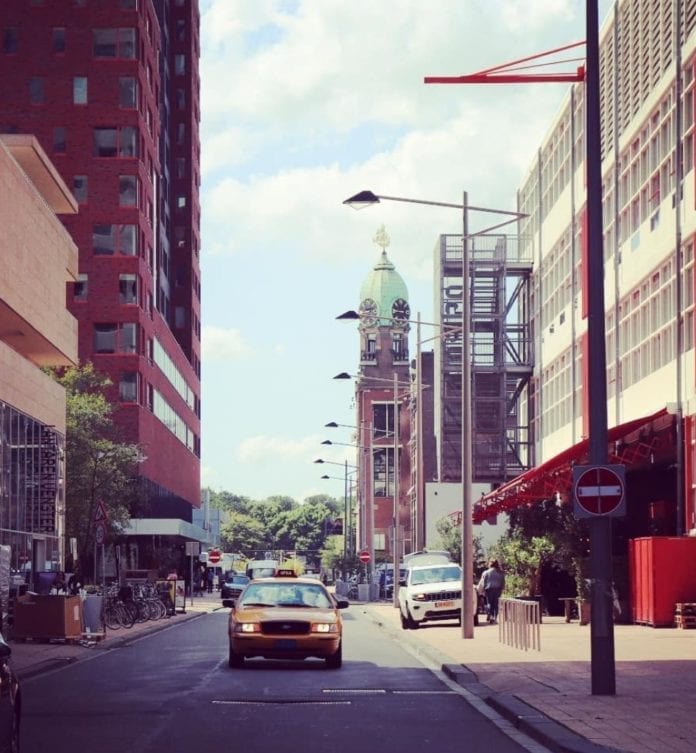The Hague is the first municipality in the Netherlands to deploy a taxi fleet powered by hydrogen. The fleet is owned by Noot Personenvervoer and was developed by Toyota.
The cars will be used as WMO transport under the Social Support Act for anyone who is unable to use public transport. Around 15,000 people take advantage of this system every year.
How do hydrogen-powered cars actually work?
Each hydrogen car contains a fuel cell filled with pressurised hydrogen gas. This fuel cell doesn’t burn through the hydrogen (as opposed to traditional cars which burn through petrol to power the car). Instead, the hydrogen is fused with oxygen creating a chemical reaction that produces water. This process creates energy and powers the car. The only actual waste is the water.. good enough to drink?!
Managed to focus on all that science? Well done..
Are hydrogen-powered cars an environmental saviour?
It depends if the hydrogen is produced with fossil fuels or through a renewable energy source such as wind (lobby for the latter!)
Valerie Bouillon-Delporte, president of the board of Hydrogen Europe, commented at European Data Journalism with “Why is the hydrogen debate accelerating now? One important reason is the huge declining cost of wind and solar energy in recent years, which has opened the prospect of large-scale production of green hydrogen.”
35 Toyota Mirai’s Form the First Dutch Hydrogen Taxi Fleet-@ToyotaMotorCorp dealer Louwman delivered 35 #fuelcell Mirai cars to Noot Personenvervoer. This means the municipality of The Hague has the 1st #hydrogen-powered taxi fleet in the Netherlands-https://t.co/TXCdpElO43 pic.twitter.com/fYyJTjPEAu
— FuelCellsWorks (@fuelcellsworks) June 25, 2019
A couple of challenges to hydrogen power include:
- The cost of producing the fuel cells is exceptionally high
- There is still a lack of refuelling stations and existing gas stations are resistant to install hydrogen tanks as this takes profit away from the oil companies. Independent hydrogen fuel stations need to be set up to create an efficient refuelling network but understandably, this takes time and money.
The Netherlands is not yet well established in the field of hydrogen and so at present, the taxi fleet has to travel to Rhoon to fill up. However, hydrogen powered cars can travel more than 500km with a single tank.
Perhaps this taxi fleet holds Holland in good stead for moving towards hydrogen-based energy? What do you think?


